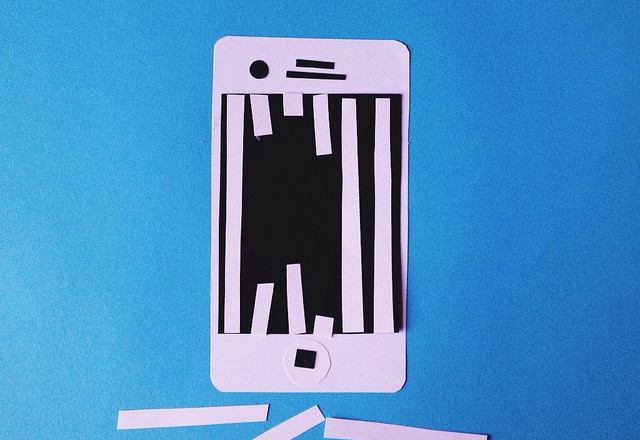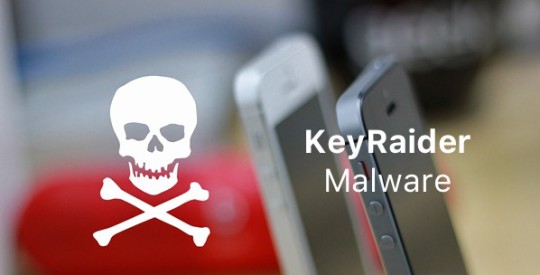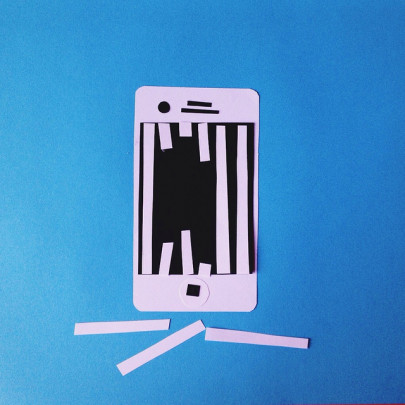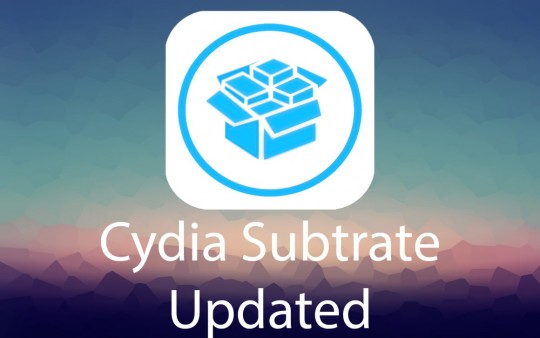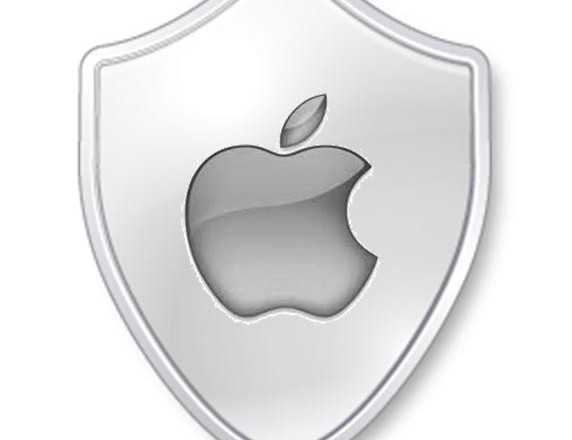
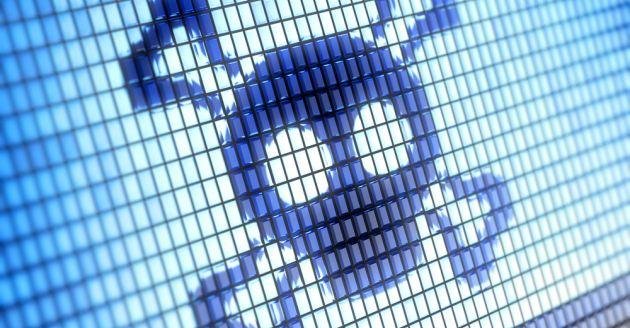 Compared to Windows PCs, Apple’s Mac computers have always been relatively virus free. However, a recent security attack has proved this is no longer true.
Compared to Windows PCs, Apple’s Mac computers have always been relatively virus free. However, a recent security attack has proved this is no longer true.
March 2016 saw a significant attack on Mac users which involved hijacking the Transmission BitTorrent app in order to deliver ransomware to its victims. It sounds like your stereotypical Windows attack, but why is it now happening to Macs? After all, the general consensus has been that they’re immune from viruses.
Seeing as Macs are very important to a huge number of businesses, I’m going to investigate this latest attack to analyze how it occurred and what it means for Mac users.
The Nature of the Mac Ransomware

The unknown attackers used ransomware in their attack against Apple users and it’s a type of cyber-attack which is becoming increasingly popular. In this instance, the hackers were able to gain access to users’ systems through the Transmission BitTorrent app. This allowed the hackers to download malicious software onto the Macs. This software literally held the Mac users to ransom by encrypting their files and demanding $400 to release them.
How Did Apple’s Guard Drop?
For a very long time, Apple users were confident that Macs were safe from cyber-attacks. And for a long time this was generally true. This, however, wasn’t down to cutting edge security technology.
The truth is that hackers didn’t have much interest in targeting an Apple Mac. The reason for this is that Apple has a much smaller share of the market than Windows PCs. Why would a hacker want to spend their time writing software which could only target a small number of users?
This fact perhaps led to a sense of complacency on Apple’s part, so they weren’t expecting vulnerabilities in their operating system to be exploited so easily. Unfortunately, Apple’s Gatekeeper security software has, itself, been shown to contain numerous back doors through which hackers can cause chaos.
One of the main routes into Apple’s system is by tricking it to accept pre-approved developer certificates which have been faked. This allows users to download software which isn’t produced by who it says it is and, therefore, can’t be trusted. And this is exactly what happened with the Transmission BitTorrent app.
The Future for Apple Security
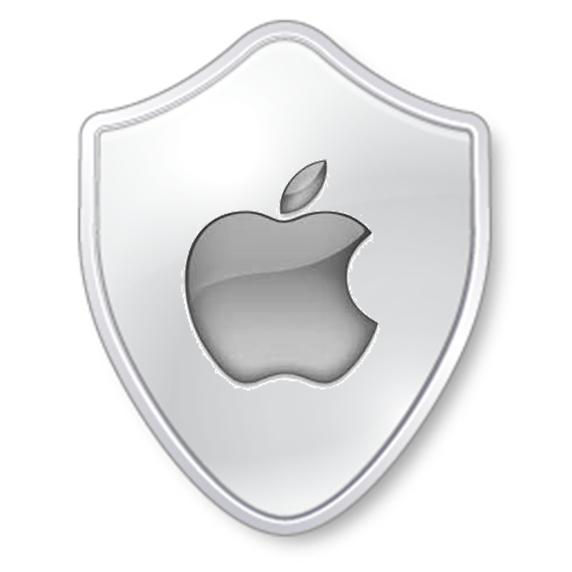
This recent attack is not the first security scandal to hit Apple. In 2014, there were around 10,000 – 70,000 attacks on Mac computers per month, but this rose dramatically in 2015 and is set to multiply significantly in 2016.
These figures are very startling for Apple, so it’s crucial that they take a look at Microsoft’s approach to internet security. Due to their dominance of the computer market, Microsoft has had to ensure their PCs are resistant to attacks. Steps taken have included:
- Working with hackers to understand how they have attacked Windows
- Offering cash rewards to anyone who finds new security flaws in Windows
It’s essential that Apple take a long hard look at their Gatekeeper software and evaluate how it can be improved. If they don’t they stand to alienate their customers if ransomware attacks continue.
For more ways to secure and optimize your business technology, contact your local IT professionals.
Read More



